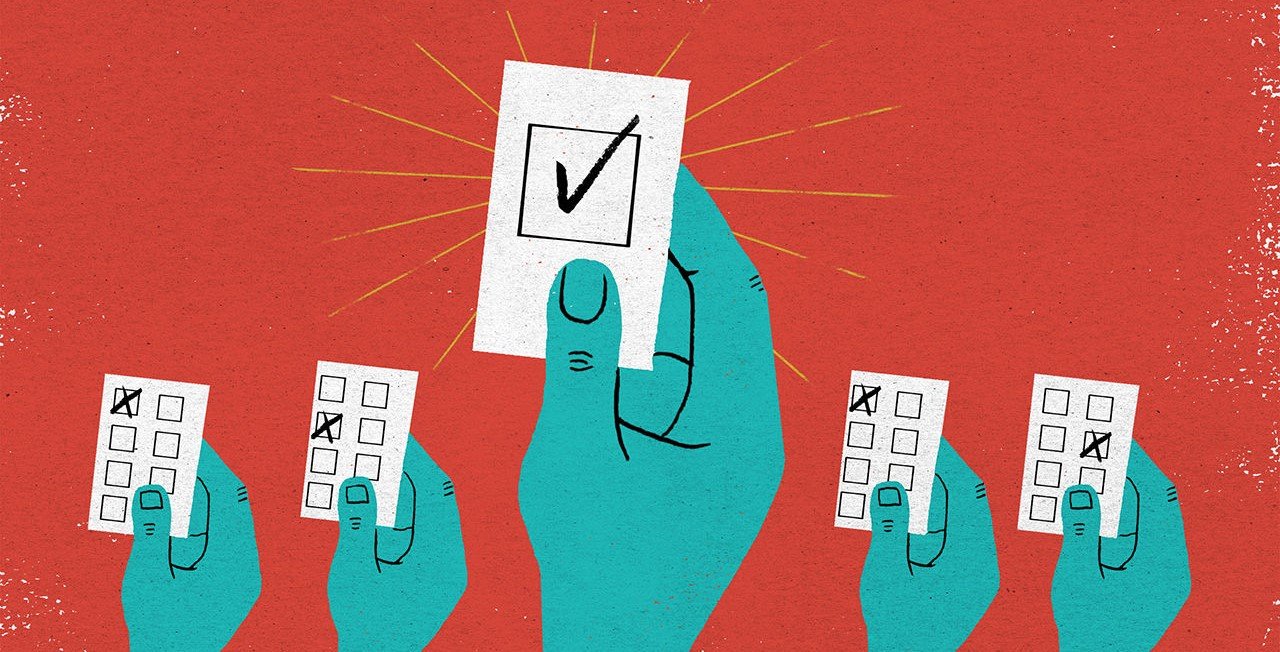

Feb
Those familiar with “all things China” and especially loyal ChinaFund.com readers have undoubtedly realized that a lot of things have either changed or are in the process of changing over in China. Whether we are talking about a transition from production and export-led economic growth to a consumption-oriented one or to cultural aspects such as the Westernization of China’s population to a certain extent, it has become obvious that things are dynamic on all fronts.
Why not the political one as well?
To put it differently, the average Western observer cannot help but wonder if increased prosperity can or will bring about increased political freedom in China because in the West, it is considered a quasi-axiom that the two go hand in hand.
Do they?
Perhaps.
As pointed out rather frequently here on ChinaFund.com, it isn’t prosperity in and of itself that facilitates cultural changes but rather the consequences of said prosperity. Think of it as Maslow’s Hierarchy of Needs applied to a population of 1.4 billion individuals.
Back in the let’s say Mao Zedong days, the average Chinese citizen was oftentimes struggling with the (very) basics, anything from putting food on the table to basic medical care. While some people did somehow find time for ideological endeavors, let’s just say such individuals represented a minority and that for the most part, people had more “pragmatic” needs that had to be met before bandwidth could be allocated to topics which pertained to more abstract aspects, anything from political freedom to ideology.
However, as time passed and the policies of Deng Xiaoping and his successors brought about increased prosperity, things gradually changed. As more and more Chinese citizens escaped poverty and even ended up having excess capital at their disposal, a chain reaction took place across multiple dimensions over in China:
- More and more people could afford better and better education for their children, leading to better and better-educated new generations. Young people who oftentimes saw life in a remarkably different light, one based less on subsistence (putting food on the table, having adequate shelter, etc.) and more on the proverbial abstract dimensions of our existence
- The adults themselves became more and more affluent, leading to an increasingly financially potent middle class. Once again, subsistence was no longer the name of the game as far as this demographic is concerned in light of the fact that China’s growing middle class could afford to aim higher
- With increased prosperity came increased consumption (as mentioned at the beginning of this article as well), which didn’t revolve exclusively around consumer goods and didn’t revolve exclusively around China-centric products/services either. The average Chinese citizen was able to come into contact more and more frequently with Western products and services, products and services which inevitably carried a cultural component as well. Whether we are referring to Western online publications which can easily be read by Internet-savvy Chinese citizens who know how to bypass the Great Firewall of China or to let’s say Hollywood, it isn’t the least bit exaggerated to state that the West also exports ideas/thought currents to China
… the list could go on and on.
In and of itself, each item is more than capable of altering the let’s call it Chinese Zeitgeist and in aggregate, they are a force to be reckoned with. To put it differently, it is increasingly harder to convince a better and better-educated as well as better and better-informed population to tolerate what is essentially authoritarianism.
While it is true that for the most part, the political status quo has yet to be challenged in a meaningful manner over in China yet and while things may persist in this manner indefinitely (nothing is impossible), let’s just say everything from simple logic to complex game theory indicates that eventually, something will need to change.
Does this mean Western-style democracy will eventually be embraced?
Perhaps, but it is difficult to make such game-changing predictions with a reasonable degree of confidence.
What is likely however is that China will become MORE democratic than in the present rather than meaningfully democratic in the Western sense. Just like the fall of the USSR was followed not directly by Western-style democracy (let’s face it, it’s still not exactly the case in Russia) but by the Perestroika phenomenon, it wouldn’t be a stretch to expect something of this nature in China.
Think of it as a controlled detonation of the political status quo, followed by a gradual transition to a system that is easier to “sell” to an increasingly educated, informed as well as financially potent population. Time and time again, we have stated here on ChinaFund.com that China likes to embrace its own version of anything from political systems to ideological frameworks (socialism with Chinese characteristics representing a relevant example to that effect) and as such, it would be rational to assume that the same will ultimately be valid in one way or another when it comes to the topic of democracy.
In a nutshell:
Can China become a democracy?
Yes, anything is possible.
Will it become a democracy?
This is where things start to get tricky, with the more likely explanation revolving around the fact that even if this is to eventually happen, it will most likely be an excruciatingly drawn-out process, whereby “more democracy” is gradually permitted. While black swan events which could bring about an acceleration of this process cannot be eliminated from the equation completely, it would be quite unrealistic to expect major democratic breakthroughs overnight. Needless to say, keeping your eyes on these developments if you have business interests in China is a must and as always, the ChinaFund.com team is here to assist you with just that.
